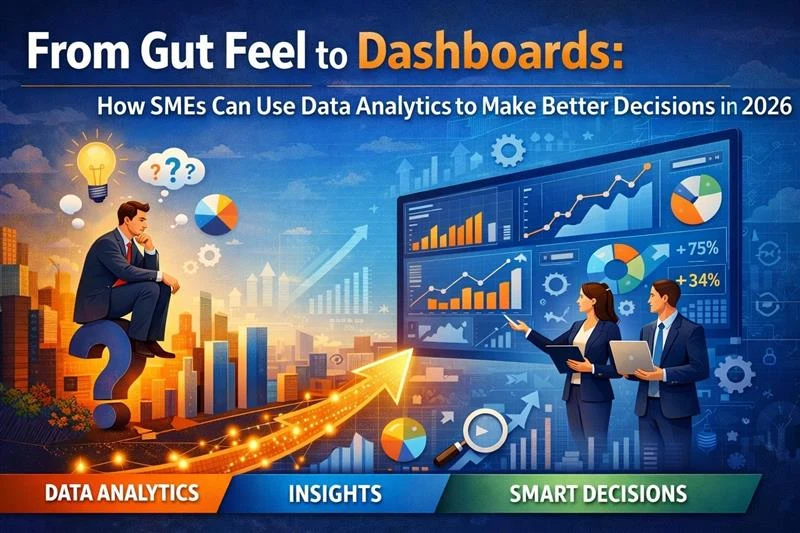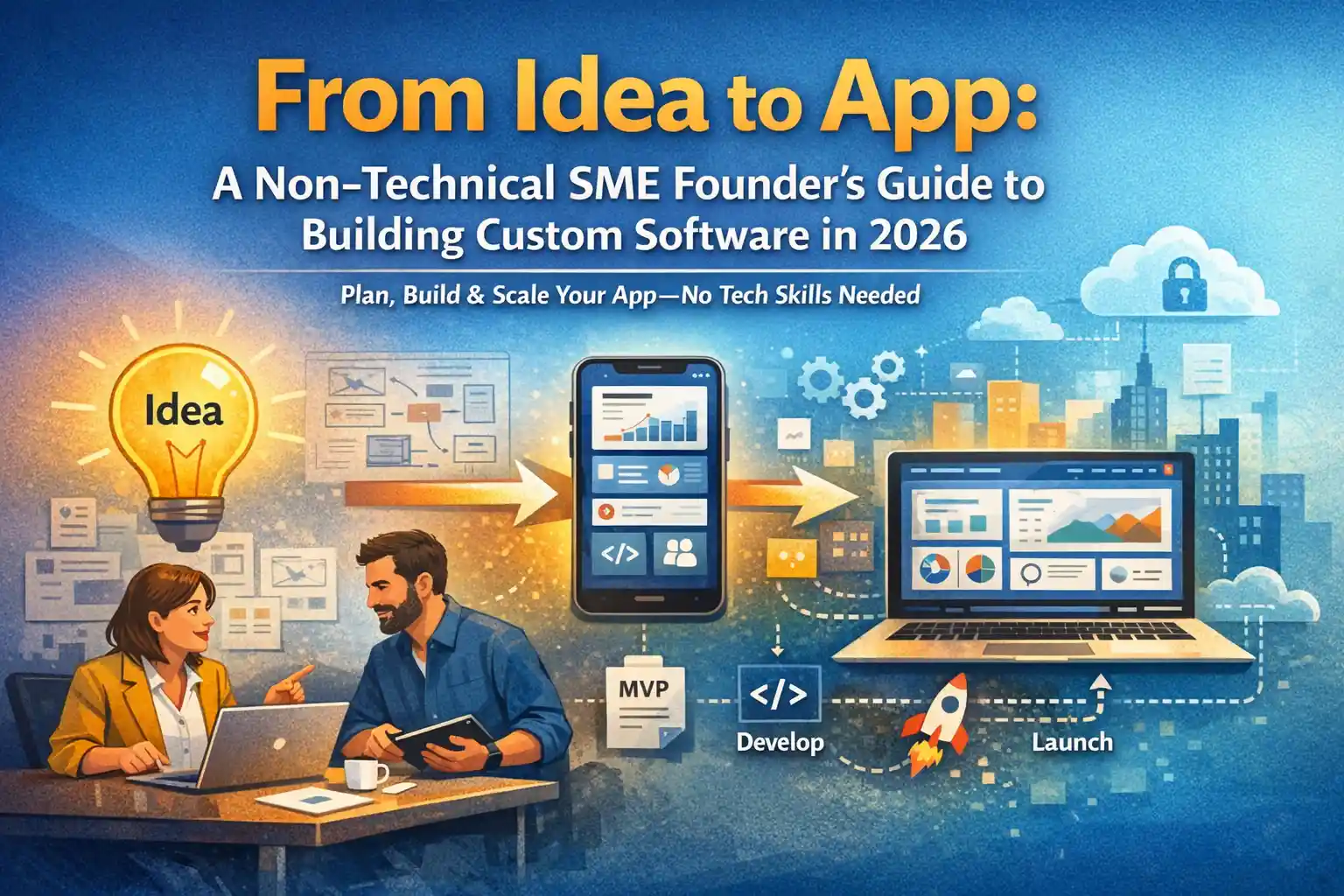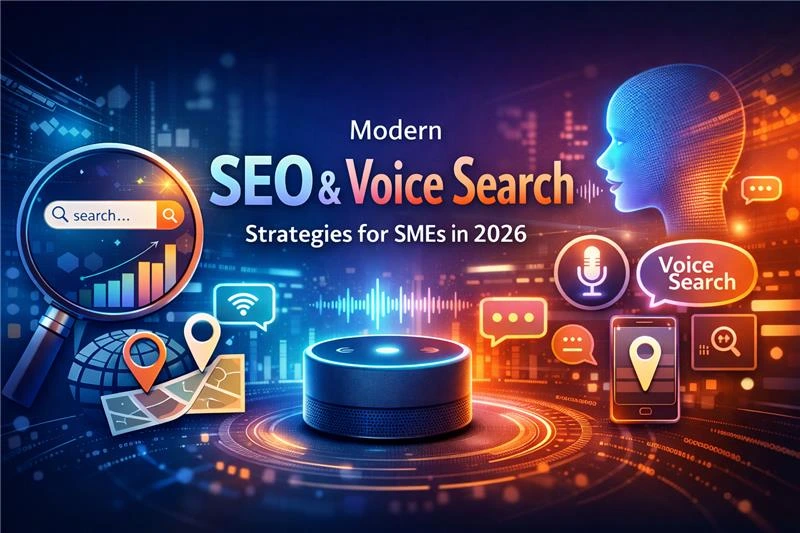Benefits Of Mobile Application
13 May 2024In today's tech-driven world, mobile applications have become integral to our daily routines. From communication and entertainment to productivity and health, these apps empower us with convenient and efficient tools. With user-friendly interfaces and advanced features, they cater to diverse needs, making tasks simpler and more enjoyable. This introduction explores the transformative impact of mobile applications, highlighting how they revolutionize the way we connect, work, and engage with the world around us.
Mobile applications are software applications designed to run on devices such as smartphones and tablets. There are various types of mobile applications, and a few examples are-
- Utility Apps: Flashlights, calculator, weather app, language translator, etc.
- Social Media Apps: These are entertainment apps such as Instagram, Facebook, TikTok, etc.
- E-Commerce Apps: These help with online shopping and include features such as product catalogs, secure payment options, shopping carts, and order tracking. An example is Amazon.
- Travel Apps: These apps assist in planning a trip. For example, there is Airbnb, Google Maps, and more.
There are numerous benefits that lie behind mobile application development such as:
- The growing prevalence of mobile devices drives demand for on-the-go access and offline functionality.
- Access to unique functions like cameras, location services, and biometric authentication sets mobile apps apart.
- Monetization opportunities, centralized platforms, and broad user reach contribute to business growth.
- Mobile apps foster personalized interactions, loyalty, and enhanced user experiences through features like push notifications.
As mobile device usage continues to grow, the benefits of mobile application development become increasingly prominent. Businesses, organizations, and individuals can leverage these advantages to enhance user experiences, drive growth, and stay ahead in the digital era.




